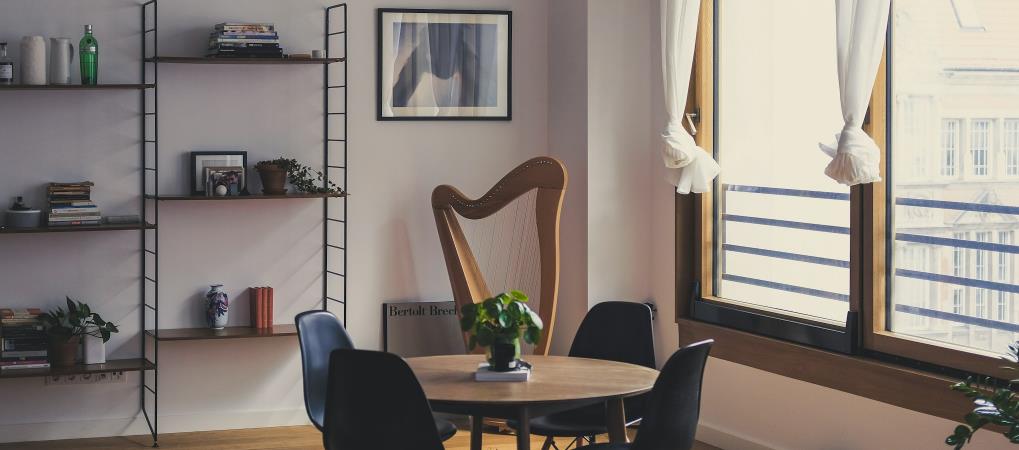[Q&A] If the lessee defaults on the rent, can the sub-lessee still continue to use the leased property?
2024. 5. 8

Question: Can the sub-lessee continue to use the leased property if the lessee defaults on the rent?
Answer: According to Article 719 of the “Civil Code of the People’s Republic of China”, “If the lessee defaults on the payment of the lease expense, the sub-lessee may pay the outstanding lease expenses and liquidated damages on behalf of the lessee, except that the sublease contract has no legally binding force upon the lessor. The lease expense and liquidated damages paid by the sub-lessee on behalf of the lessee may be used to offset the lease expense payable by the sub-lessee to the lessee; if the amount of the lease expense exceeds the payable lease expenses, the sub-lessee may have recourse against the lessee.”
According to the above provisions, in the case of the lessee’s arrears, the sub-lessee can exercise the right of compensation, and thus continue to possess and use the leased property.
The application of this clause requires the following conditions: the sublease contract is legally binding on the landlord. Generally, it refers to the lessee’s sublease behavior with the consent of the landlord, or the landlord knows or should know that the lessee subleases, but does not object within six months.
The sub-lessee’s right to compensation only applies to the lessee’s default on rent and liquidated damages. During the lease process, it may involve other breaches of contract by the lessee, such as damaging the main structure of the house, or changing the use of the house without authorization, which leads to the landlord terminating the contract or paying liquidated damages. In these cases, the sub-lessee cannot exercise the right of compensation.
The sub-lessee’s compensation does not require the consent of the lessee and the landlord, and the lessee and the landlord cannot directly require the sub-lessee to compensate. Whether to exercise the right of compensation is decided by the sub-lessee.
The rent and liquidated damages compensated by the sub-lessee must be based on full compensation, that is, the sub-lessee must fully compensate for the rent and liquidated damages owed by the lessee. If the sub-lessee only pays part of the rent and liquidated damages, it is equivalent to the lessee not paying the rent and liquidated damages in full, and cannot prevent the landlord from terminating the lease contract with the lessee, which may result in the sub-lessee being unable to continue to use the leased property.
The legal consequences of the sub-lessee’s compensation for rent and liquidated damages are as follows: the rent and liquidated damages paid by the sub-lessee to the landlord on behalf of the lessee are regarded as the rent and liquidated damages paid by the lessee to the landlord. The sub-lessee can continue to occupy and use the leased property, and the landlord cannot refuse to accept or terminate the lease contract on the grounds that the lessee has not paid the rent.
Offset the rent that the sub-lessee should pay to the lessee. If it exceeds the amount of rent payable by the sub-lessee, the sub-lessee can claim compensation from the lessee.